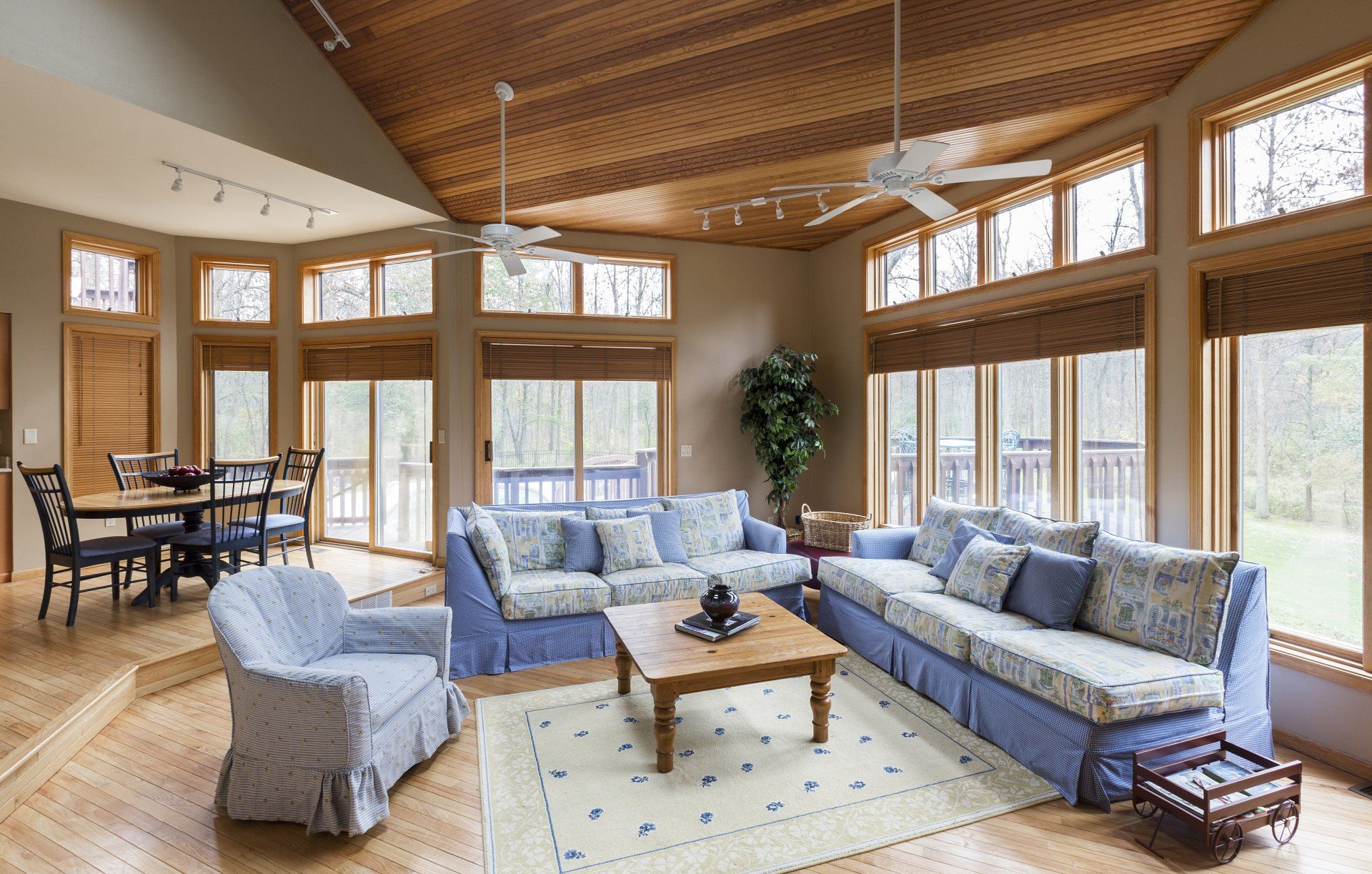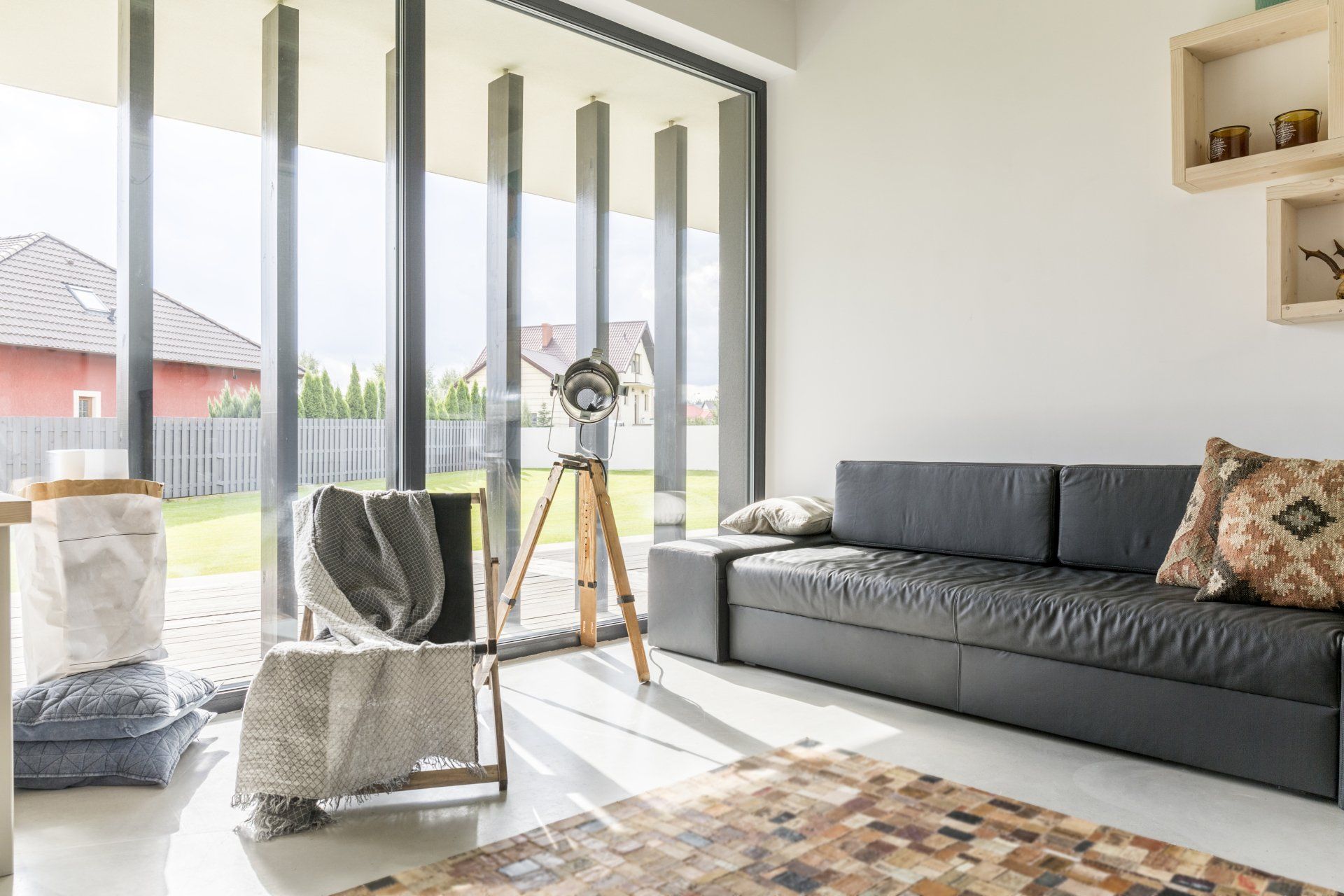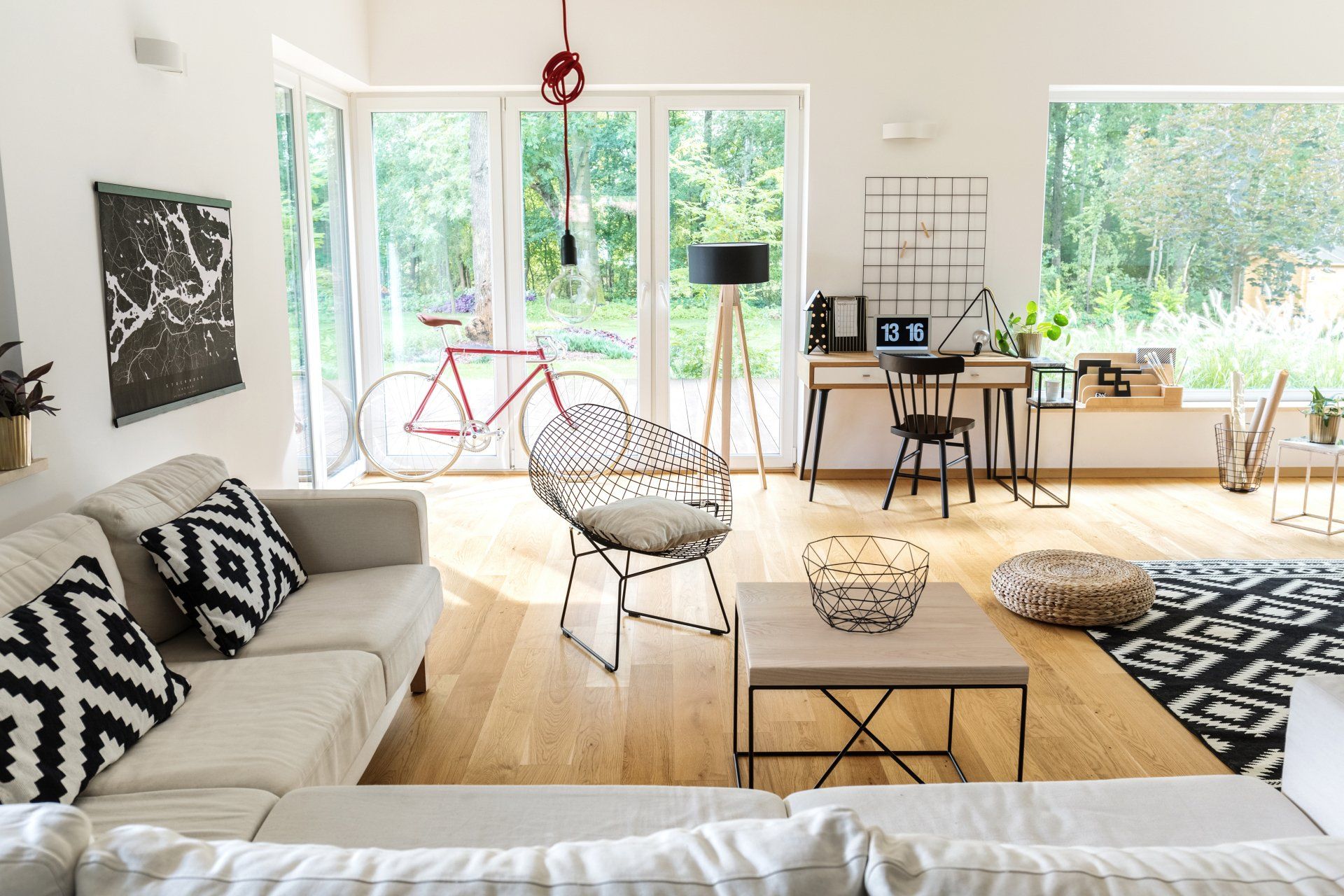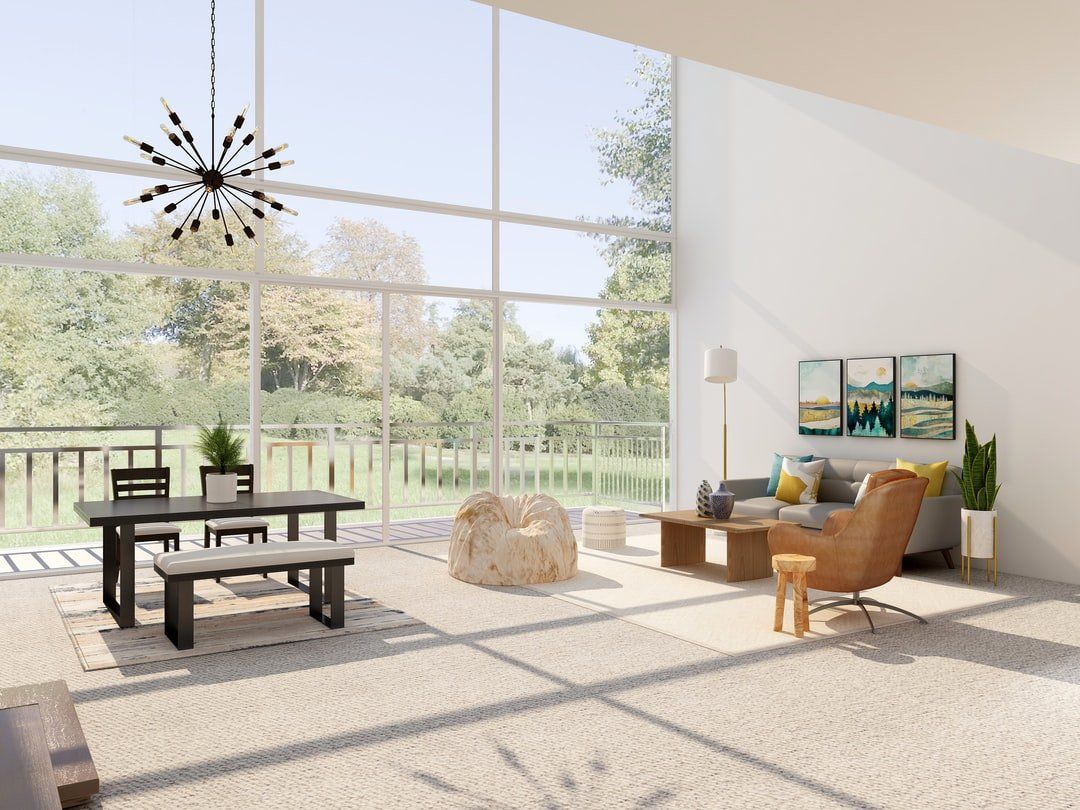Never worry about wandering eyes again by exploring your residential window tinting options. Here's how to add privacy to your home via home window tint.

Shopping around for residential window tinting can be complicated. With so many options and so many boxes to tick off, it can feel almost impossible to find the perfect one for your home.
The added privacy is a huge advantage to every film, but which one is going to give you the most? What characteristics are you even looking for in a window film?
Luckily, we're here to help you narrow down your list and answer a few of those questions. Read on to find out 7 ways residential window tinting can enhance your home.
1. Energy Efficient
Residential window tinting is meant to keep outdoor temperatures out and home temperatures in. The film provides an extra coat of insulation on a surface that wouldn't otherwise have any.
This added layer of protection also adds year-round efficiency to your home, which is a big win for your energy bill.
Some window films are virtually invisible, making it easier for you to look outside. Also, most come with a warranty. If the one you're looking at doesn't have one, find one that does!
2. Added Privacy
The added privacy that a reflective window film can provide your home during the day is a huge bonus to choosing that kind of window film. The only downside: it doesn't work for privacy at night, but it does work for a lot of other things.
Take lighting for example. Reflective window film works to still allow sunlight to flow into your space, meaning you don't have to sacrifice precious natural lighting to gain privacy.
It also works to keep your family safe from harmful UV rays, as well as other possessions in your home.
3. Preserve Your Furniture
You might be wondering what other possessions window tinting can help to preserve, and the answer is your furniture and wooden floors.
The same harmful UV rays that can cause skin cancer and other discomforts in you and your family members also fade the color from couches, armchairs, and even wooden floors after long term exposure.
Residential window tints of any kind can help to protect your furniture and flooring for the long haul.
4. Reduce Electronic Glare
If you have any electronics facing a window, then you understand the agitation behind the solar glare.
With window film, you never have to worry about not being able to see your TV screen again. If you work from home in a sunlit room, your eyes can receive a break from the strenuous amount of light they take on all day.
No matter the use, window tintings can help you relax and either get things done or unwind after a long day of work.
5. Residential Window Tinting Is a Safety Feature
Residential safety film also works as a safety feature!
In the event of a natural disaster or broken window, the film works to protect people from flying glass shards, which is one of the most common blast-related causes of injury.
This window film is built with microlayers and tear-resistant material to help your family remain secure and protected from not only natural disasters, but also smash and grab burglaries.
6. Tax Credit
Thanks to the Energy Policy Act of 2005, certain efforts that homeowners make toward an energy-efficient home are rewarded with a tax break — and window tintings are part of that list.
Homeowners can receive 10 percent back on their tax returns, up to $500. You can download the forms you need on the IRS website, along with a list of qualifying products.
You're also going to need a dealer invoice for the window film product you installed, but it has to be separated by the cost of materials and installation. Installation fees aren't eligible for the tax credit.
You're also going to need a copy of the manufacturer's certification statement, which helps determine which products qualify based upon where you live.
7. Internal Glare Preserves View at Night
Window films with night vision options offer a low interior reflectivity that makes it feel like the window film isn't even there.
They also help to reduce glare and eye discomfort during the daytime, helping your eyes stay healthy for as long as possible.
So, What's the Best Tint?
Now that you've read all about the benefits of residential window tinting, you might be asking yourself about the best option for you and your home. The answer — it's up to you!
While there are protective and privacy window films, there are also decorative, perforated, and even blackout window tint options available. What best suits your home is a decision that's best left to you and a professional.
If black doesn't sound reasonable though, there are other colors you can get, like gray and copper (both are popular tinting options). These two are great for keeping the heat out and shade in.
If you're looking for a brighter window tint, blue or green shades can help reduce the penetration of light, but not so much the heat. Because these two colors are opposite from yellow and orange on the color wheel, they do a great job at counteracting the yellows and oranges that sunlight gives off.
They help to balance the brightness in your home without sacrificing the amount of sunlight in it as a darker option would. Blue and green window tints work to give your home a cooler, soft look.
Consider These Advantages When Shopping for Residential Window Tinting
Now that you've learned about 7 of the biggest advantages that residential window tinting has to offer, it's time to shop around and start researching.
Remember, many window films come with a warranty that guarantees the integrity of your purchase for many years to come. Many companies also offer a free estimate so that you can know your options before you buy.
TNT Signature Glass Design offers both those things and more. Contact us to set up your free estimate today. We're also happy to help with any questions you might have!












